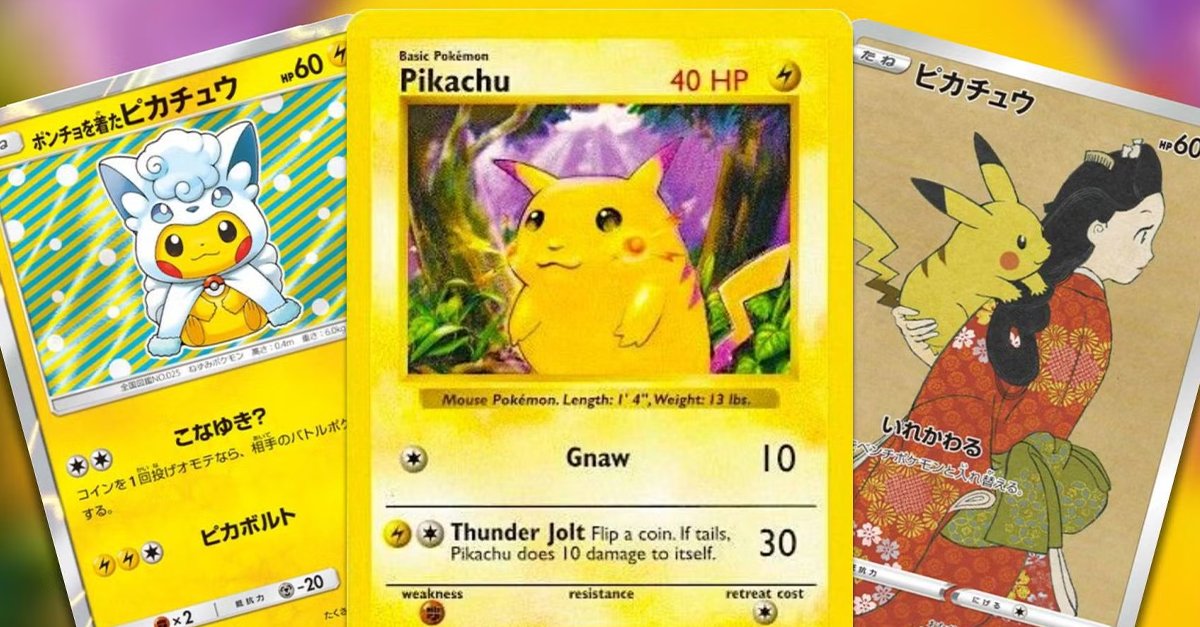When Work Crosses The Line
So, your boss thought it would be clever to take your personal photos and toss them as an example in a workplace presentation. That stings. Not only is it embarrassing, but it blurs the line between your personal life and your professional one in a way that feels completely inappropriate. It’s a moment that leaves you wondering whether you’re overreacting or whether your boss has crossed a serious boundary. The truth? You’re not wrong to feel unsettled. Let’s break down why this matters, how you can address it, and what your rights may look like in this kind of situation.

You’re Not Overreacting
The first thing to remember is that you’re allowed to feel upset. Many people second-guess themselves when something like this happens, thinking, “Maybe I should just brush it off”. But the reality is that your personal images were used without your consent in a way that made you the butt of a workplace joke. That’s not nothing. It’s valid to feel embarrassed, undermined, or even singled out. A workplace should feel safe, and this kind of situation chips away at that sense of security.
Why This Matters
Some might say, “It was just a joke, let it go”. But moments like this matter because they erode professional respect. A manager is supposed to model good workplace behavior, not mock employees in front of others. When your private life is dragged into work as a punchline, it creates an atmosphere where people feel like they could be targeted next. That can lead to a culture of discomfort and mistrust. This is why even a single incident deserves to be taken seriously.
Was It Really A Joke?
Bosses sometimes defend questionable behavior by claiming it was just a joke or meant to be lighthearted. But intention doesn’t erase the effect on the person at the receiving end. If you walked away feeling belittled, embarrassed, or humiliated, then the humor didn’t land, it caused harm. In a professional setting, your comfort and dignity matter more than someone’s attempt at a laugh. It’s worth asking whether this was truly harmless or if it points to a pattern of disrespect.
Collect The Facts
Before rushing into a confrontation, take a step back and gather the details. Think about what exactly was shown, what was said, and who else witnessed it. Was it a single photo slipped into one slide, or was it several images with commentary? Were there jokes made verbally, or was it left to implication? Writing down what you remember right away ensures you have a clear record. This not only helps you communicate your concerns more effectively but also protects you in case you need to escalate.
Where Did They Get The Photos?
Understanding how your boss obtained the photos is an important piece of the puzzle. If you voluntarily posted them on a public social media account, your boss might argue that they were fair game. But if they were taken from a private account, a personal group chat, or even company systems without your knowledge, that changes things entirely. Using materials shared privately or accessed through workplace tools without your consent can raise issues of privacy violations and inappropriate professional conduct.
Starting With A Calm Conversation
If you feel safe and comfortable doing so, your first step might be to approach your boss directly. This doesn’t need to be confrontational. You could simply explain that seeing your photos in the presentation made you uncomfortable and ask that your personal images not be used again. Sometimes, a direct conversation helps your boss recognize that what they thought was humorous actually crossed a boundary. Framing it calmly but firmly gives them a chance to correct their behavior without it turning into an immediate escalation.
Setting Clear Boundaries
Even if your boss insists it was harmless, this is a good opportunity to establish clear boundaries. Let them know that your personal photos are not appropriate material for work use. This doesn’t have to be an emotional plea; it’s about drawing a professional line. Boundaries serve as a reminder that while you may share parts of your life with coworkers casually, those moments should not be co-opted into official settings in ways that make you uncomfortable.
 ANTONI SHKRABA production, Pexels
ANTONI SHKRABA production, Pexels
Document Everything
No matter how small the incident might seem, it’s a good practice to keep a record. Write down the date of the presentation, what was shown, and any remarks made. Note how the audience responded and how you felt. Documentation gives you a clear narrative that you can reference later, whether with HR or a legal professional. Memories fade and stories can be twisted, but a written account helps ensure your perspective stays consistent and credible.
When To Involve HR
If your boss dismisses your concerns, if this happens again, or if you don’t feel comfortable raising the issue directly with them, then HR is your next step. Human Resources is tasked with handling situations where employees feel disrespected or targeted. By escalating, you’re not being difficult—you’re using the channels your company has put in place to protect staff. HR can address the behavior formally and help prevent future incidents.
Talking To HR The Right Way
When you go to HR, it’s helpful to be clear and factual. Describe exactly what happened: which photos were used, what context they were placed in, and how it made you feel. Stick to the facts rather than framing it as speculation or hearsay. For example, “My vacation photo was shown during a meeting about lazy employees, and I felt mocked in front of my peers” is much stronger than “I think my boss doesn’t like me”. Specificity makes it easier for HR to take concrete action.
Could This Be Harassment?
While one instance of using a photo may not rise to the legal definition of harassment, repeated use of your personal life as fodder for jokes could create a hostile work environment. Legally, harassment often involves a pattern of behavior that makes the workplace intimidating or offensive. That said, even one inappropriate incident can be considered unprofessional conduct and may be grounds for corrective measures, especially if it undermines trust and respect.
Considering Privacy Issues
If your boss pulled the photos from somewhere private, such as a locked account or internal system without permission, this raises concerns beyond workplace etiquette. Unauthorized use of personal images can veer into violations of privacy rights, depending on where you live. Some regions take digital privacy very seriously, and using private content in a professional context without consent may have legal implications.
Company Policies Are Your Friend
Many organizations have codes of conduct or employee handbooks that outline expectations around respect and professionalism. Take a look at those documents to see whether your situation falls under inappropriate use of personal information or workplace dignity. Often, you’ll find policies that prohibit mocking, singling out, or otherwise humiliating employees. Having that policy language on your side strengthens your position when addressing HR or management.
What The Law Says
Workplace laws vary depending on where you are. In the United States, there isn’t a blanket federal law against using someone’s personal photo in this way, but harassment and privacy laws may still apply depending on the circumstances. Some states have stronger protections around privacy and dignity in the workplace. In other countries, such as those in the European Union, data protection and workplace respect laws may provide much clearer protections. Understanding the legal framework in your region is key if you plan to take formal action.
When To Seek Legal Advice
If HR fails to address the situation, or if your boss retaliates against you for speaking up, it may be time to consult an employment lawyer. Even just one meeting with an attorney can help you understand your rights and what recourse you might have. They can also advise on whether your specific case could be considered harassment, defamation, or a violation of privacy law. Seeking legal advice doesn’t mean you’re suing tomorrow—it’s about knowing your options.
Don’t Ignore The Emotional Impact
Even if this feels like a “small” issue, being mocked at work can stick with you. It may affect how comfortable you feel in meetings, how much you participate, or even how you see your boss. That kind of stress can quietly build over time, taking a toll on your overall job satisfaction. It’s worth acknowledging how the incident impacted you emotionally, and if necessary, leaning on trusted friends, family, or even professional counseling to process the experience.
Talking To Trusted Colleagues
Sometimes, sharing what happened with a close coworker can help put things into perspective. Others may have noticed it too and felt uncomfortable themselves. This doesn’t mean starting gossip or fueling drama, but it can be reassuring to know you weren’t alone in thinking it was inappropriate. Having colleagues who can validate your experience may also support your case if you decide to raise it formally.
Keeping Future Personal Stuff Private
This situation is a good reminder to consider how much of your personal life you want to blend with work. Tightening your privacy settings on social media or being selective about what you share on work channels can help prevent similar situations in the future. While it’s unfair that you should have to adjust your behavior because of someone else’s misuse, it’s a way of protecting yourself from being put in a vulnerable position again.
 ANTONI SHKRABA production, Pexels
ANTONI SHKRABA production, Pexels
Focusing On Solutions
When raising the issue, it often helps to frame it in terms of creating a more respectful and professional workplace rather than just voicing a personal complaint. By positioning your concern as part of a broader conversation about workplace culture, you make it clear that this isn’t just about you—it’s about how all employees deserve to be treated. This makes it harder for anyone to dismiss you as being overly sensitive.
Remembering That You Deserve Respect
At the end of the day, the takeaway is simple: you deserve to feel respected at work. Your personal life should not be turned into office comedy material without your consent. Addressing the issue—whether directly, through HR, or even legally—is not about being difficult. It’s about holding your workplace to a basic standard of professionalism and dignity. Standing up for yourself sends the message that you know your worth and won’t accept less.
You May Also Like:
My boss keeps asking for my passwords “just in case something happens to me.” What do I do?
My boss made us pay to attend his wedding—even though none of us were invited. Is that legal?

























